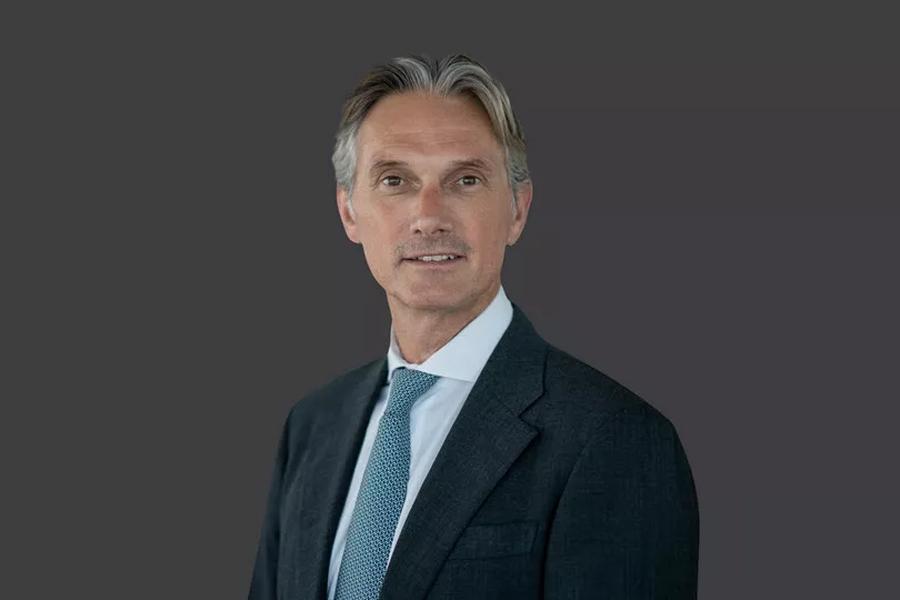Teva is eyeing $2.5bn in Austedo sales in 2027

Teva CEO Richard Francis
The management of Israeli pharma group Teva has laid out its strategy for a return to growth after a challenging few years, with a greater emphasis on innovative medicines and a focus on complex, higher value products in its generics business.
Central to its near-term growth plan is the performance of Austedo (deutetrabenazine), approved for Huntington’s disease and tardive dyskinesia, which Teva predicts will bring in $2.5 billion in sales in 2027, fuelled by growth of a new once-daily formulation.
That’s a sizeable increase on Teva’s projections of around $1.2 billion for Austedo this year, and meeting it will depend on Teva’s ability to expand use of the drug in the tardive dyskinesia category, which is a much larger market.
The company estimates there are around 800,000 people suffering from this condition, with only 120,000 diagnosed, and just 50,000 being treated.
Teva’s new chief executive Richard Francis highlighted the recent FDA approval of long-active schizophrenia therapy Uzedy (risperidone) as a key part of the company’s new “pivot to growth” strategy, saying the objective is to reach a population of more than 600,000 patients with the drug.
Uzedy was approved by the FDA in April, having been rejected by the FDA a year earlier, and which has been tipped by some analysts as having peak sales potential of $700 million to $900 million a year – which would be a big chunk of a total market currently estimated at around $4 billion.
Teva, meanwhile, is also working on a long-acting olanzapine product for schizophrenia that could extend the franchise, with a favourable safety profile compared to current olanzapine therapies.
He acknowledged that Teva is still facing significant challenges, not least of which is a high level of debt that accompanied its takeover in 2017 of generic drugmaker Actavis, albeit reduced from a high of $34 billion to a current level of around $18.5 billion.
The company is also operating under the threat of substantial settlement costs related to opioid litigation in the US, and a lack of innovative product approvals in recent years.
Francis is hoping for a strong near-term competition from Teva’s biosimilar unit, with seven products in late-stage development or under regulatory review, and pointed to a combination therapy for asthma and an anti-TL1A drug for inflammatory bowel disease as projects to watch in Teva’s mid-stage pipeline.
In the generics business, the focus will be mainly on complex products, such as drug device combinations and long-acting injectables (LAIs), which tend to be less affected by competition.
“Our new strategy is built on four key pillars to deliver short- and long-term growth from our commercial portfolio and biosimilars, innovative pipeline, generics powerhouse, and focused capital allocation,” he said.
“With our pivot to growth strategy, I am confident we will gain momentum as a stronger, bolder, and simpler organisation.”












